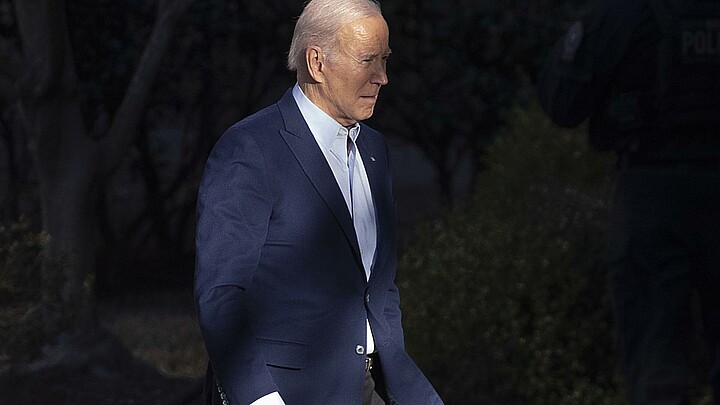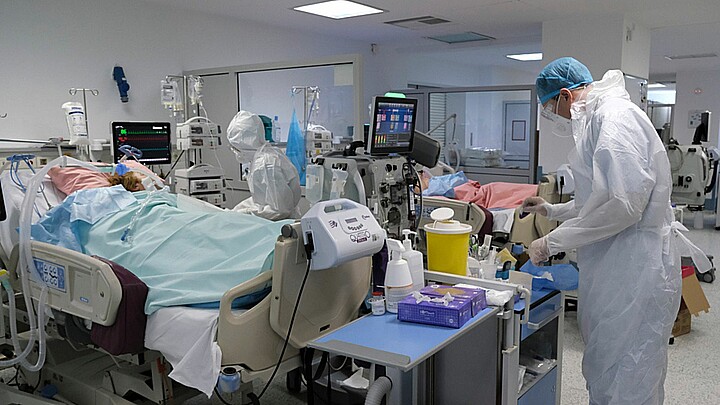Health
First pig-to-human heart transplant performed in the US
This is the first step in finding out whether xenotransplantation could work
January 11, 2022 10:51am
Updated: January 11, 2022 5:42pm
Doctors transplanted a pig's heart into a human patient as a last resort to save his life after he was deemed ineligible for traditional transplantation.
The University of Maryland Medical Center claimed that the surgery was successfully performed and that the patient is in good health days after the experimental intervention.
“This organ transplant demonstrated for the first time that a genetically-modified animal heart can function like a human heart without immediate rejection by the body,” read a statement released by the Medical Center.
Although it is too early to know if the operation will actually work, it represents a historic moment for medicine, paving the way to help save human lives with animal-derived organs.
David Bennett, 57, said he had no guarantee that the experiment would work, but he had no choice since he was ineligible for a conventional transplant.
“It was either die or do this transplant. I want to live. I know it's a shot in the dark, but it's my last choice," said Bennet a day before the surgery. He had been hospitalized and bedridden for the past few months. "I look forward to getting out of bed after I recover."
On New Year's Eve, the Food and Drug Administration (FDA) authorized Bennett's eight-hour operation, which was successfully performed last Friday.
"This was a breakthrough surgery and brings us one step closer to solving the organ shortage crisis. There are simply not enough donor human hearts available to meet the long list of potential recipients," said Dr. Bartley P. Griffith, who performed the surgery.
Currently, there is a huge shortage of donated human organs for transplants, prompting scientists to try to find ways to use animal organs instead.
"If this works, then there will be an inexhaustible supply of these organs for suffering patients," said Dr. Muhammad Mohiuddin, one of the world's leading experts in animal organ transplantation, known as xenotransplantation.
"This is the culmination of years of highly complicated research to hone this technique in animals with survival times that have reached beyond nine months. The FDA used our data and data on the experimental pig to authorize the transplant in an end-stage heart disease patient who had no other treatment options," said Dr. Mohiuddin.
Previous attempts at this type of transplantation failed, largely because patients' bodies quickly rejected the animal organs. One of the best-known cases was in 1984, when Baby Fae, a dying girl, survived 21 days with the heart of a baboon.
This time, Maryland surgeons used the heart of a pig that had undergone genomic editing to remove sugar from the cells which would cause immediate organ rejection.
However, Dr. David Klassen, chief medical officer of the United Network for Organ Sharing (UNOS), warned that this is only the first step in learning whether xenotransplantation could ultimately work.










